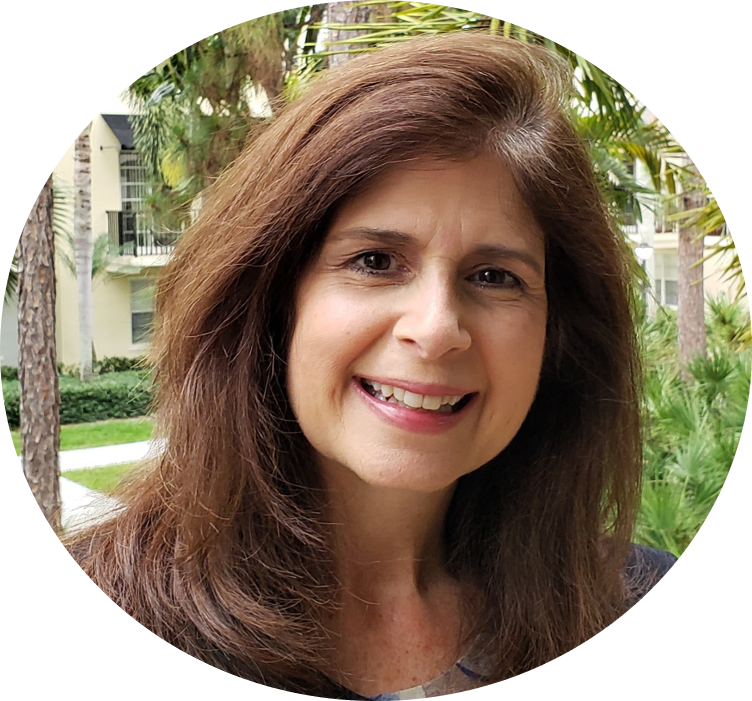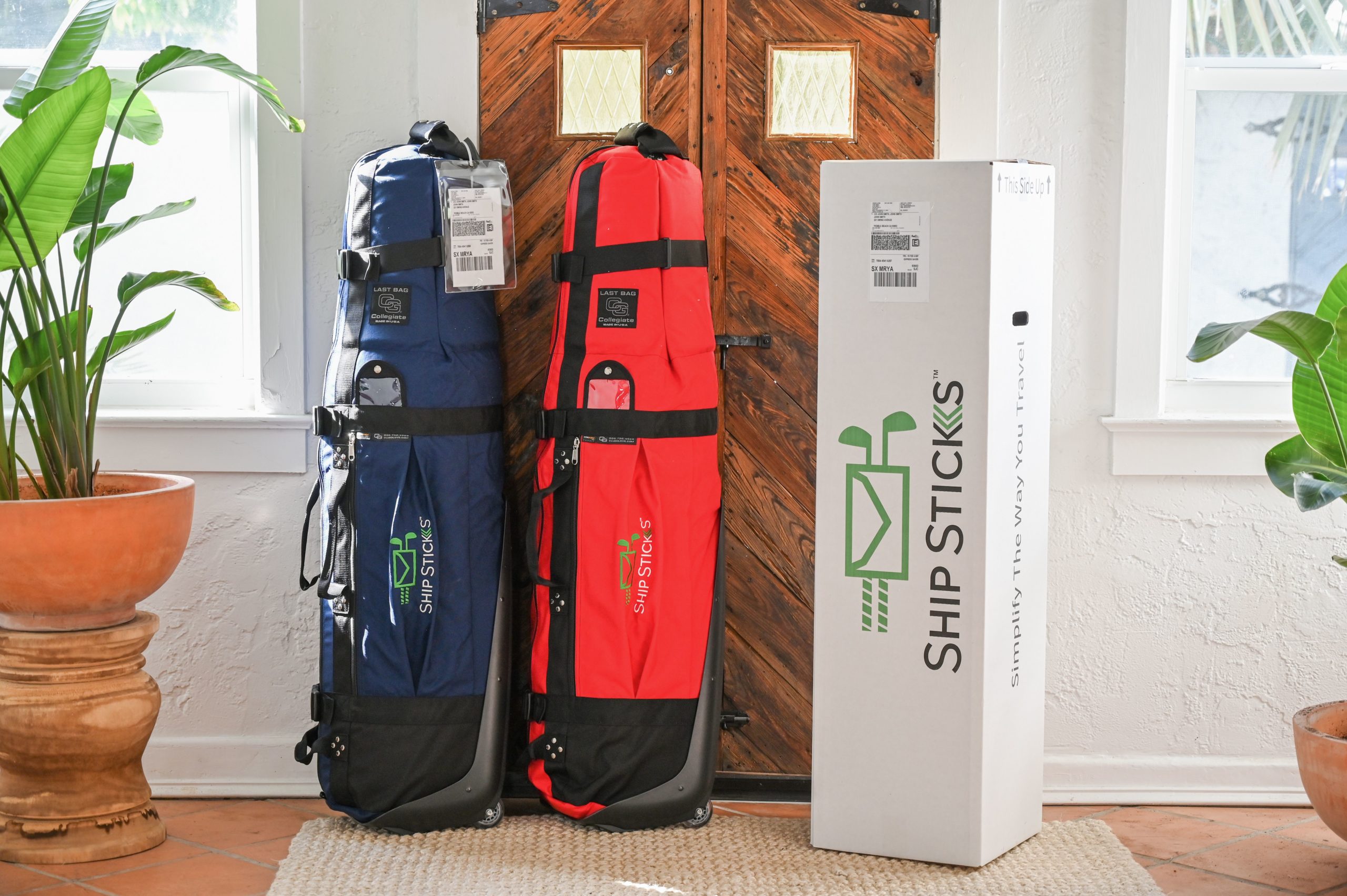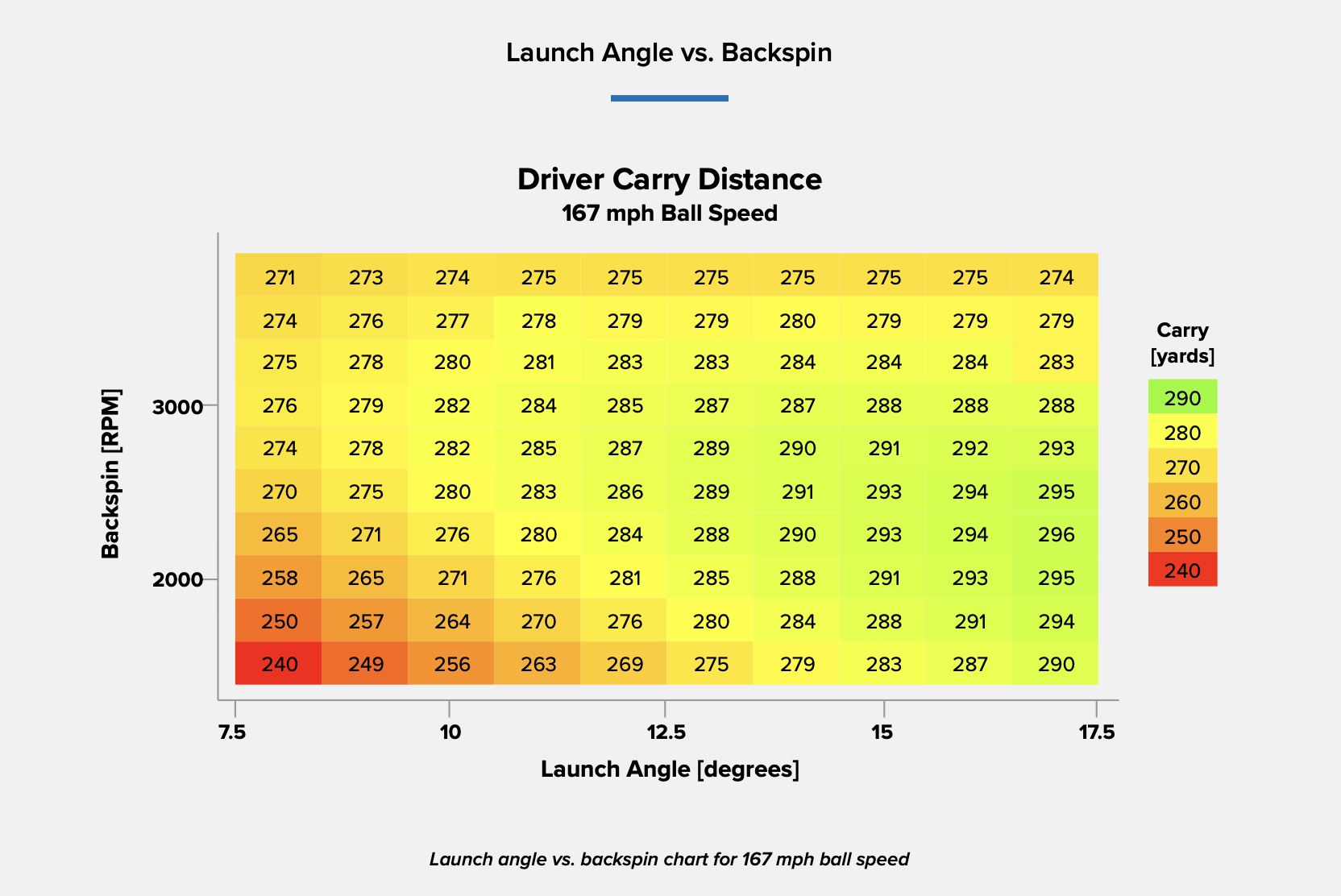Leaders in Their Field: Women in Golf
From the time Mary, Queen of Scots, commissioned the building of a golf course in St. Andrews, Scotland, in 1550 — yes, that golf course — women have played a vital role in the history of the game.
Mary is also credited with the term “caddie,” which was adopted from her use of “cadets” to refer to her assistants on the course. Perhaps more significantly though, the next time you’re playing a match against your favorite golf partner, you can thank Issette Miller for all those strokes your opponent had to give you. In 1893, Miller, a prominent female golfer of the era, created golf’s first handicap system.

Mary, Queen of Scots, at St Andrews in Scotland
From Babe Zaharias and Annika Sorenstam to Michelle Wie and Lexi Thompson, the list of influential women on the course is long and significant. Off the course, it’s just as long and perhaps even more impressive.
That Pro V1 you tee up with? The business is overseen by Mary Lou Bohn, President of Titleist’s golf ball division. The new AHEAD hat you just bought in the pro shop? Tip your cap to Anne Broholm, CEO of AHEAD. The Open Championship programming you’ll spend hours watching on the Golf Channel? You can thank Molly Solomon for that quality viewing time. Solomon is the network’s Executive Producer and Executive Vice President, Content.
The NGF’s latest participation data shows that women account for 24 percent of those who teed it up on a golf course last year – almost 6 million players in total. Women also make up almost 35 percent of new golfers. Yet, women remain comparatively underrepresented in C-suites at many of the game’s biggest companies and organizations, despite the fact that the old boys’ club mentality has largely fallen by the wayside.
To highlight some of the prominent female executives in the industry, The Q spoke to several influential women about their connection to the game, their jobs, and what the industry can do to get more girls and women into the game. (Some responses have been edited for brevity.)
ANNIKA SORENSTAM

President & CEO of ANNIKA, Club 59 Inc.
EDUCATION: University of Arizona (attended)
YEARS IN GOLF INDUSTRY: 35 years. Began playing at age 12
AGE: 47
PLACE OF BIRTH: Bro, Sweden
How were you introduced to golf and what are some of your earliest lasting memories about the game?
I was introduced to the game through my parents in Sweden. They would play quite frequently and my sister and I would tag along with them. We would ride their pull carts like horses and get ice cream at the turn. Eventually, when I was 12, we split a set of clubs and started playing ourselves. There were always boys hanging around, so we would hang out, play soccer on the range, dive in the ponds for balls, etc. Eventually, we would practice and play a lot with the guys. It was fun.
Did you know during your playing career that you wanted to stay in the industry and help run your own business/brand?
I had started the ANNIKA Foundation in 2007 and already had my ANNIKA Collection of clothes with Cutter & Buck. I had designed a course and wanted to start my Academy, so we began working on my brand. The logos, our overarching “Champion Seal,” which is the “A” that I wear. Every genuine brand needs a brand promise and the emotional and functional benefits need to balance. My brand promise is to provide inspirational experiences. Across all of our businesses and my foundation, that is what keeps us focused. If it isn’t a genuine passion of mine, I’m not getting involved, but when something fits, I’m all in.
What is the best business lesson you have learned, what did it teach you, and how have you applied that in your current role? Is there a worst piece of business advice you received?
My dad taught me when I was young that there are “no shortcuts to success.” That holds true in golf, but also in business and life. You get out of life what you put into it.
I have made mistakes for sure. Starting a brand of businesses in 2008 was certainly a challenge. We did a licensing deal for a fragrance in my name, which didn’t work. That just reinforced that I need to be passionate about it to make it be successful.
For women interested in working in the golf industry (perhaps for current players looking to follow your path), what advice would you give and what is the best way to get a start in the business side?
I always tell young girls at our tournaments that they need to set goals and follow their dreams. They can’t be their parents’ goals or their friends’ goals. They need to come from their hearts. A lot of young girls want to make a logo and think they have a brand, but they haven’t even won a tournament yet. They need to be patient and fulfill the “functional” side of things, which is their resume and their wins. For women trying to get into the industry, many women think they have to be great golfers to work in golf, but that is not always true.
Is our industry doing enough to encourage girls/women to get involved in the game? What kinds of efforts do you think might help grow female participation and/or employment opportunities?
The R&A just unfolded a great plan to grow the game for girls. Programs like The First Tee, USGA*LPGA Girls Golf, PGA Junior Leagues, and Junior golf are great. I try to help through our ANNIKA Foundation, which has five global junior tournaments for girls and one of the country’s best college tournaments. We have over 500 girls from 50 countries play in our events. We also have grass roots “Share My Passion” Clinics for younger girls. There is a lot of focus on junior girls and growing the game now as they are the largest growing segment globally.
MOLLY SOLOMON

EDUCATION: BS International Politics – Georgetown University
YEARS WORKING IN GOLF INDUSTRY: 12 years+
AGE: 50
PLACE OF BIRTH: “I was an Army brat, moving 12 times in my first 18 years.”
How were you introduced to golf and what are some of your earliest memories about the game?
Despite working for NBC Sports for 28 years, golf was originally one of the few sports I didn’t follow. However, in 1993 I was assigned to NBC Sports golf coverage team and immediately fell in love with the game. One of my earliest lasting memories was having the opportunity to attend a week-long golf school back in 1993 to immerse myself in the sport thanks to the guidance of NBC Sports executive Jon Miller, and I haven’t looked back. Now I have worked in golf for 12 of my 28 years with NBC Sports.
What appealed to you about a career within the golf industry?
My assignment to NBC Sports golf coverage in 1993 turned into the most fortuitous circumstance. It’s a reminder to be open to new opportunities because you never know where you might discover a new passion. If you had told the 22-year-old me that I would be the executive producer of a worldwide golf network, I would have laughed at you. Be open to opportunity!
What is the best business lesson you have learned, what did it teach you, and how have you applied that in your current role?
“Leave it all on the track” is what my father has been telling me my entire life. He taught me that you won’t win all the races but you’ll feel satisfied, win or lose, if you tried your best. And on the golf course, the best advice if have gotten is from my husband. When I first started golfing, he always reminded me to never worry about the quality of your game when you are playing golf, as well as the importance to know when to pick up, play fast and know that all your partners only care about what they are doing. And now that I am playing the best golf of my life, I still hold this true.
For women interested in working in the golf industry, what advice would you give?
If you know golf is your passion, you’re already a step ahead. Focus on what part of the business intrigues you and look for a job that combines the two.
Is our industry doing enough to encourage girls/women to get involved in the game? What kinds of efforts do you think might help grow female participation and/or employment opportunities?
In the last six years, I have seen a multi-fold emphasis by all of the leading golf organizations and influential sponsors like KPMG to target growing sectors within the game, including girls and business women. We need to introduce girls to the game while they are young, alongside other sports so they see golf as a viable option. And if they have the ability to play when they are young, those skills will transfer to help them network as they enter the business world. Even before working at Golf Channel, using golf as a connection to colleagues across businesses and talking the talk with golf enthusiasts has been a valuable tool for my career.
KELLY HYNE

EDUCATION: Bowling Green State University (undergrad, Sport Management), University of Arkansas (Masters, Communications)
YEARS WORKING IN GOLF INDUSTRY: 25
AGE: 47
PLACE OF BIRTH: Cleveland, OH
How were you introduced to golf and what are some of your earliest lasting memories about the game?
In college, I was asked by the yearbook editor to write wrap-up stories for the golf teams – I had to look up what a birdie and an eagle were but gained an appreciation of the game. Two months later, I was an intern for the McCall’s LPGA Classic in Vermont. Given that on that first day I hit my ball sideways and pegged a member in the leg, I had nowhere to go but up! Thankfully, my game has improved. That first summer I became hooked on the business side of operating a professional golf tournament.
What appealed to you about pursuing a career within golf?
I literally did fall into the sport because I was open to the opportunity and said ‘yes’ when offered an internship in golf although I had never played. I knew I enjoyed organizing and promoting sporting events and once introduced, quickly became hooked on the sport and all it represents and teaches. I gained an appreciation for the players and how genuine and appreciative they were to be living their dreams.
What is the best business lesson you have learned and what did it teach you?
Be open to opportunity (when you least expect it) and step outside your comfort zone. I’ve taken a lot of leaps of faith to take on larger, more challenging roles which have really helped me learn various aspects of the business. I can be more creative in my current role with developing programs for corporate partners because I think like a Tournament Director, envision how it comes to life as an Operations Director and understand the budget aspect of how much it costs to deliver and the value it brings.
For women interested in working in the golf industry, what advice would you give and what is the best way to get a start in the game?
You need to be ready to pay your dues and do the less-desirable jobs first. Gain sales experience whenever you can – everyone should have to cold call ticket sales early in their career. Network and follow up. Write hand-written notes – it’s a lost art and you will be remembered.
Is our industry doing enough to encourage girls/women to get involved in the game? What kinds of efforts do you think might help grow female participation and/or employment opportunities?
We’re starting to see the evolution of the junior initiatives the last 10 years. At the LPGA, for example, we have teammates who grew up in our LPGA-USGA Girls Golf program and now run the program! The industry could still do more to recognize the needs of a woman starting the game – from equipment to apparel to facilities. We’re hoping to accelerate that with the new LPGA Women’s Network.
Receiving a good introduction to the game, such as Golf 101 taught by LPGA Teachers, is a way to gain confidence quickly and use that to network for business. Women are tired of going to the spa while the guys go golfing.
As a woman in the game, it’s a responsibility to mentor younger women starting off their careers, to encourage and teach them. I’ve tried to do this when I encounter a smart, motivated young woman with the right work ethic. If I can help them learn from my mistakes, they’ll reach even higher.
ANNE BROHOLM

EDUCATION: BS Merchandising – Colorado State University
MBA – University of Colorado
YEARS WORKING IN GOLF INDUSTRY: 22 years
AGE: 54
PLACE OF BIRTH: Michigan, but moved to Colorado at 3 months old. I consider myself a Colorado native.
How were you introduced to golf and what are some of your earliest memories about the game?
I started playing golf after I got into the industry. In my early days at Imperial Headwear there was a group of women who would try and go out and play 9 on Friday mornings before work. My early memories are of the social aspect and how much fun we had getting out. I’ve recommitted the past few years and I’m playing and enjoying it more than ever!
What enticed you to pursue a career within the golf industry?
My early career was spent in the apparel industry – brands such as Ocean Pacific and Liz Claiborne. While in New York, I worked for a high-end knitwear company, KSK International, which produced private labels for Bergdorf, Henri Bendel and owned the Leon Levin women’s golf brand. That was my first exposure to golf-specific apparel. It opened my eyes to the golf industry.
When I moved back to Colorado, I landed an opportunity with Imperial Headwear and subsequently went on to Cutter & Buck and now AHEAD. Once in the golf industry it is hard to imagine a different path – it really gets under your skin!
What is the best business lesson you received and what did it teach you? Is there a worst piece of business advice you heard?
Focus on what matters most. Most of us spend too much time on what is urgent and not enough time on what is important. Prioritize what will make a difference and let some of the smaller things go.
As far as bad advice – someone once told me never let the lack of knowledge keep you from speaking with authority – the “fake it ‘til you make it” adage! If you want to fake it – go into acting. It’s great to be confident in business, but it’s essential to ask questions, learn more, and then make informed statements and decisions.
For women interested in working in the golf industry, what advice would you give and what is the best way to get a start in the game?
Barriers for women to succeed in the golf industry may be greater in perception than they are in reality. We need to be supportive of women who are coming up through various channels, whether it be on the game side or the vendor side, and really encourage them.
The best way to get a start is to identify the area where you would like to work and where your skills most align — the teaching side, merchandising, sales. The golf industry offers such a wide diversity of opportunities. If you want to work in golf, I’m living proof that your handicap is not a prerequisite.
Is our industry doing enough to encourage girls/women to get involved in the game? What kinds of efforts do you think might help grow female participation and/or employment opportunities?
As an industry, we’re on the right track in recognizing female participation is key to future health and growth of the game. I’m honored to sit on the Board of Directors of the ANNIKA Foundation. Our reach is growing every year. Annika epitomizes inspiration for women’s golf – I respect her for not only her achievements on the course but for the great businesswoman she is. Next year’s inaugural Augusta National Women’s Amateur Championship will be a great event that will surely inspire and energize women golfers. At the local level, if golf facilities continue to provide friendly, non-intimidating golf opportunities for women of all abilities, we are on the right track.
SARAH HIRSHLAND

EDUCATION: BS in Biology, Duke University
YEARS WORKING IN GOLF INDUSTRY: I’ve worked around golf since 2003 and the USGA since 2011.
AGE: 43
PLACE OF BIRTH: Durango, CO
How were you introduced to golf?
I am a proud golfer. I was introduced to the game shortly after graduating from college in North Carolina. It seemed as though everyone played and I really didn’t want to be left out!
What appealed to you about working in the golf industry?
Golf is a game that aggregates great people in beautiful outdoor locations around the values and spirit of competition. What’s not to love?
What is the best business lesson you have learned and what did it teach you?
Every business, no matter the flavor, is a collection of people and their ideas and ambitions. Our greatest challenge is to unlock those ideas and ambitions, organize them, channel them and empower them. I think about how to do that every day. Much of the time it’s as simple as getting out of the way and removing obstacles.
For women interested in working in golf, what advice would you give and what is the best way to get a start in the game?
There are so many wonderful opportunities to get started. Hundreds of paid internships every year are available. Golf is built on volunteerism, often one week at a time. Volunteer, build your network and learn through volunteer roles. Leverage those connections and your skills to find a good fit. Make sure you can explain what you can contribute to the industry beyond your love of the game.
Is golf doing enough to encourage girls/women to get involved in the game? What kinds of efforts do you think might help grow female participation and/or employment opportunities?
Every single person in the industry needs to feel accountable for growing participation, not for women or for men, but for all golfers alike. Gender blindness has a place in golf but we haven’t found it yet. That said, we can’t deny the progress being made. It’s real and we should be proud of the changing dynamics in youth participation.
Short Game.
"*" indicates required fields
How can we help?
NGF Membership Concierge

"Moe"
Learn From NGF Members
 Ship Sticks Secrets to a Hassle-Free Buddies Golf Trip
Ship Sticks Secrets to a Hassle-Free Buddies Golf Trip
Whether you’re the head planner of your upcoming buddies golf trip or simply along for the ride, we’ve gathered a few easy ways to keep everyone in your group happy.
Read More... Golf Course Turf, Soil and Water Quality Diagnostic Testing
Golf Course Turf, Soil and Water Quality Diagnostic Testing
As humans, we see our primary care physician on a regular basis to proactively evaluate our vital signs. Likewise, a superintendent should perform frequent diagnostic testing on their golf course.
Read More... Unlocking Distance: Launch Conditions and Angle of Attack
Unlocking Distance: Launch Conditions and Angle of Attack
We’ve long known that higher launch and lower spin is a powerful combination for generating consistently long and straight tee shots. A key factor in optimizing launch conditions, one often overlooked, is ...
Read More...


